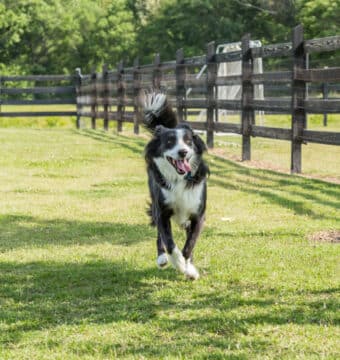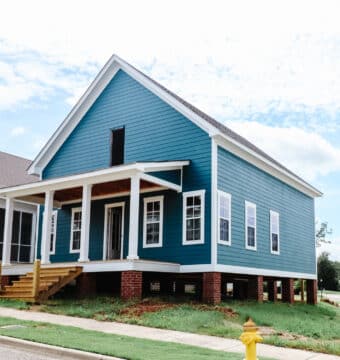PRS ‘Digs’
10/11
Pike Road School ‘digs’ learning in $15K garden
PIKE ROAD — Education has been taken out of the classroom at Pike Road School.
From bees to spinach and Brussels sprouts, children here are digging in, getting dirty and learning what it takes to get food from the farm to the dinner table.
As part of a $15,000 Specialty Crop grant received last year, the school’s students have created farm beds, established a honey bee colony, started to revitalize a butterfly garden and created a herb garden.
They have also purchased a greenhouse that they will keep at Founders Station and the school hopes to establish community gardens.
“This is the most comprehensive, well-planned layout I’ve seen at any of the schools that we’ve worked with,” said John McMillan, commissioner of the Alabama Department of Agriculture and Industries, and who toured the school’s progress on Tuesday.
“But we’ve got some others that are fantastic as well. But I don’t think anybody has gone so far as they have with all the different facets and all the different grade levels.”
Volunteers and additional donations to the grant money has helped make things possible, said Catherine Kenny, the school’s C6 makerspace teacher. “We want the students to embrace our agriculture community here and so this is a great opportunity for them to discover what our community was founded on, and we are trying to get them to try different vegetables and fruits that they don’t normally eat.”
A survey with the school’s students showed the majority of them would choose either potatoes or French fries as their vegetable of choice.
“So we’re just trying to expand their horizons in the new foods that they eat,” she said.
Last year, the third grade grew kale that she said was “a big hit.”
But not for Zaria Dean.
“It was nasty,” she said, laughing. “We built a garden and we made cabbages and tasted them and it tasted really good.”
On gardening, the 9-year-old fourth-grader learned it takes time to grow produce, and that it’s “not just about shoveling. It takes more than that to make a garden. (She learned) how to make cabbage from scratch, and kale, and how to grow things hydroponically.”
The Specialty Crop grant was received through the USDA, and the state’s department of agriculture dispersed the money to different groups and nonprofits throughout the state based on USDA requirements.
There are about five other elementary schools – including a school in Birmingham – that received the grant as well as universities, including Auburn.
The maximum grant amount is $25,000.
Asked what he hopes the children learn from their experience, McMillan said, “first of all, how much work and what all goes into the food that we get from the farmer to the dinner plate. And certainly being familiar with all the various opportunities for fruits and vegetables, especially, because I think that’s a shortcoming generally with our population and especially maybe with children.”
With so many fast food restaurants, the commissioner hopes the children will “be learning things that will serve them well all their lives in the area of nutrition.”
Farming, he said, has become sophisticated.
They’ll learn what farmers have to learn, he said, “but certainly in a minimal area, but it’s still important and it’s interesting to anybody and hopefully some of these folks will be new and beginning farmers because that’s something we need as well.”




